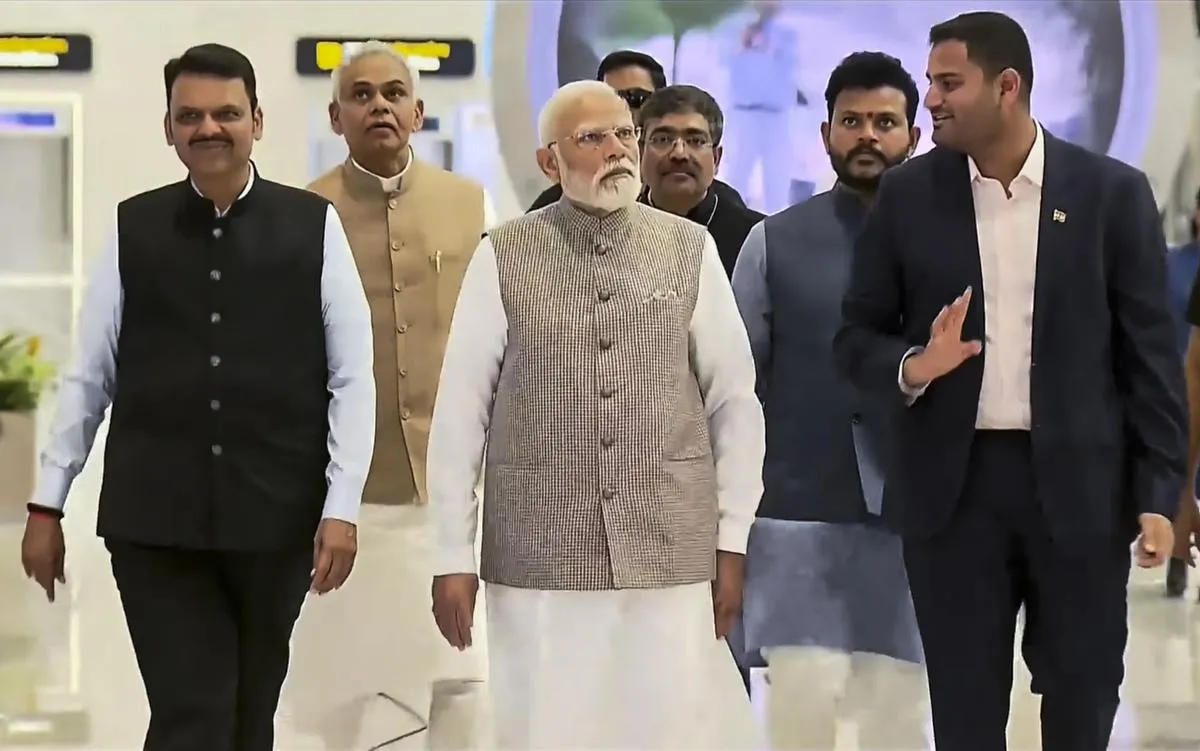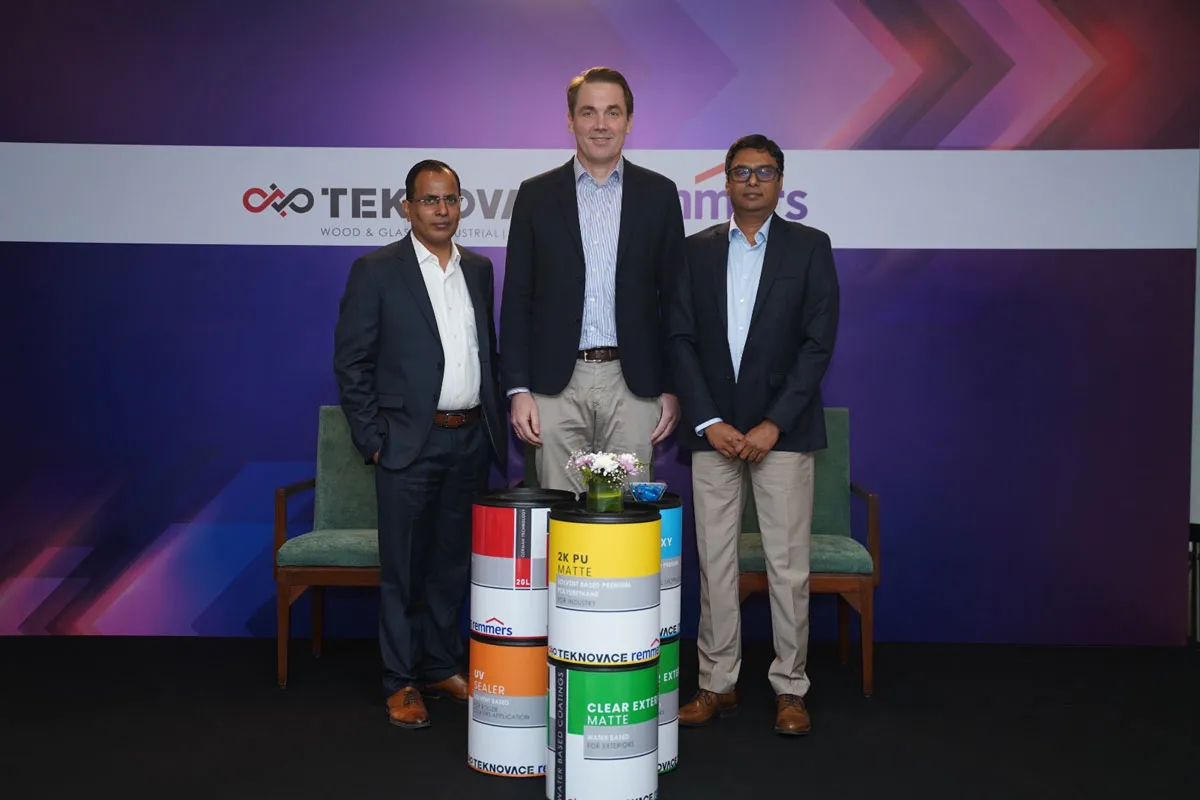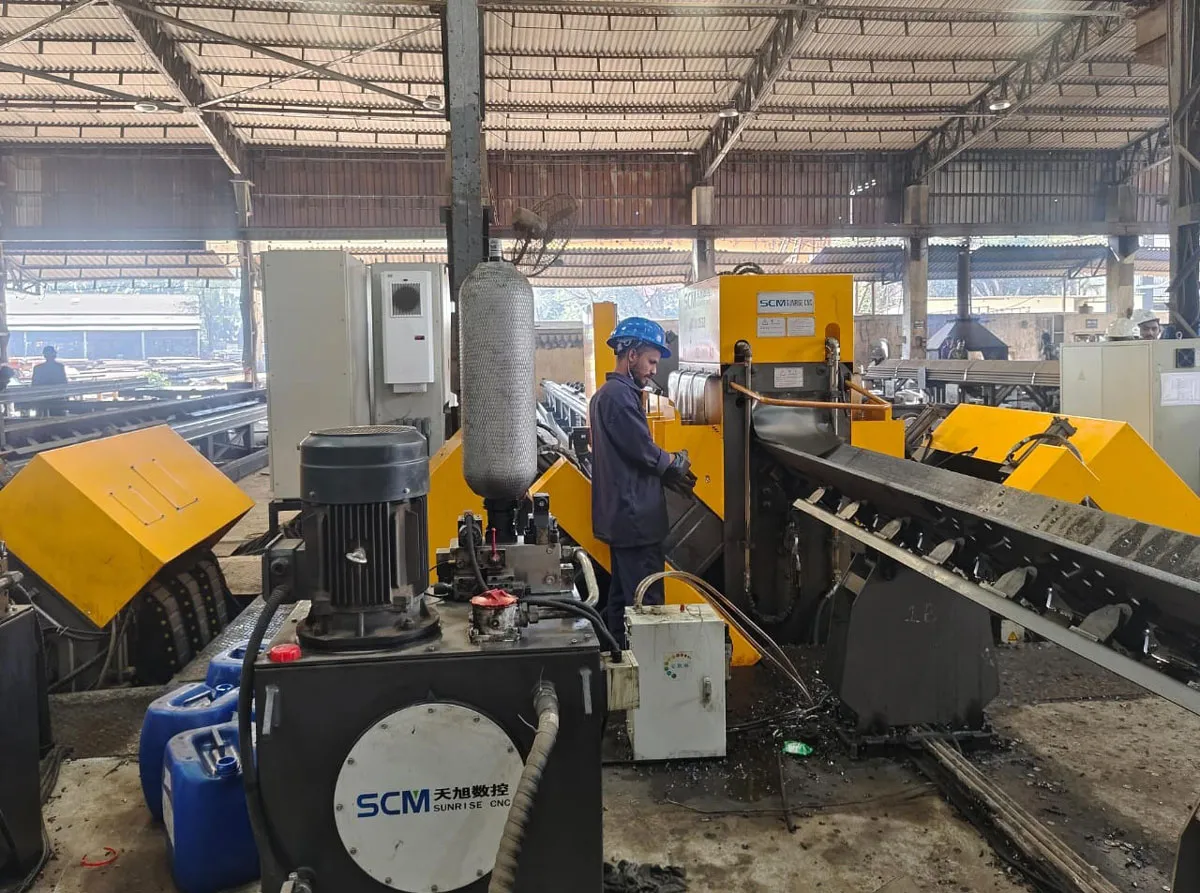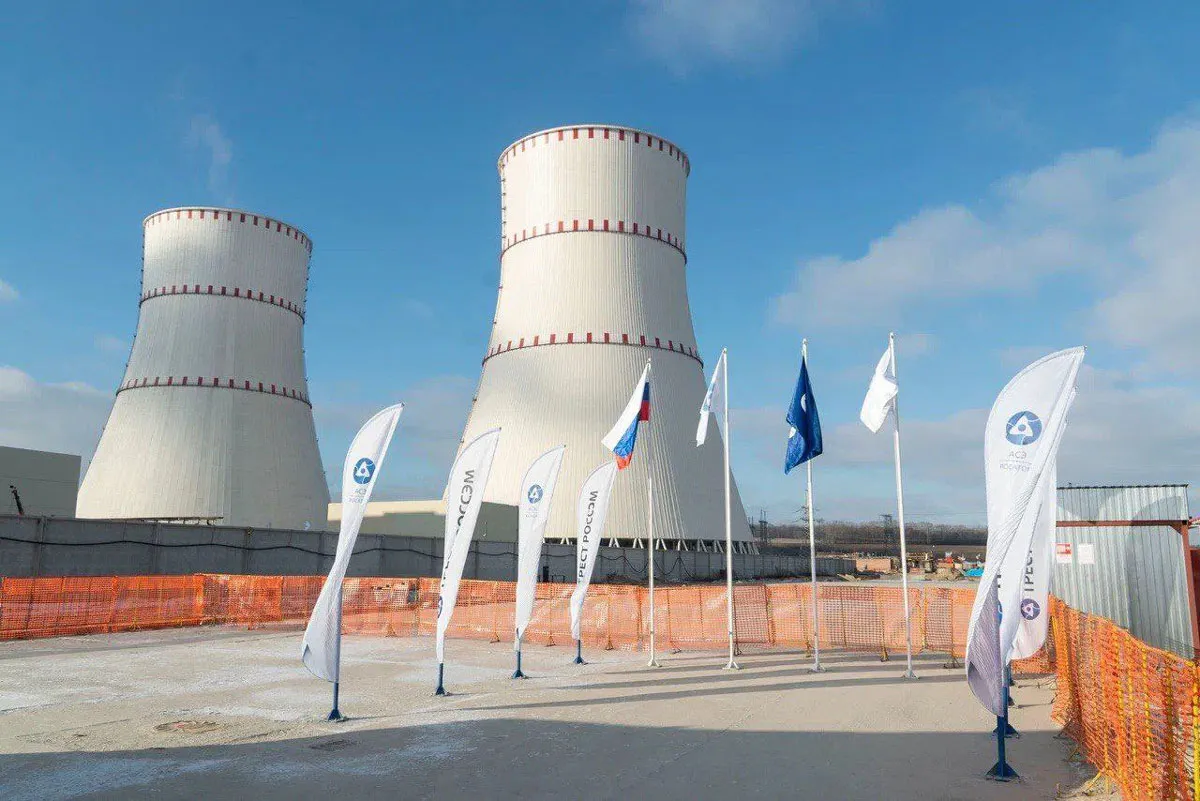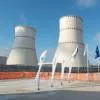Prime Minister Narendra Modi inaugurated the Navi Mumbai International Airport and launched several key development projects in Mumbai, Maharashtra. Addressing the gathering, he extended festive greetings and hailed the airport’s launch as a defining moment in India’s infrastructure journey.
Highlighting that Mumbai’s long wait for a second international airport had finally ended, Shri Modi said the facility would make the region one of Asia’s leading connectivity hubs. He added that Mumbai’s first fully underground metro system, constructed while preserving the city’s heritage buildings, would ease commuting and symbolise India’s growing engineering prowess.
The Prime Minister also referred to the recently launched Rs 600 billion PM Setu Scheme, which links Industrial Training Institutes (ITIs) nationwide with industry. He announced that the Maharashtra government had rolled out new training programmes in hundreds of ITIs and technical schools, covering fields such as drones, robotics, electric vehicles, solar energy, and green hydrogen.
Paying tribute to Lokneta D. B. Patil, Shri Modi lauded his lifelong dedication to farmers and social causes, describing him as an enduring inspiration.
He underlined that the Navi Mumbai International Airport, designed in the shape of a lotus flower, reflects India’s progress and cultural identity. Built on the land of Chhatrapati Shivaji Maharaj, the airport will connect Maharashtra’s farmers to markets in Europe and the Middle East, reducing export costs and enabling small and medium enterprises to expand globally.
Shri Modi noted that the project embodies the vision of a Viksit Bharat—a developed India focused on speed, progress, and public welfare. He stated that since 2014, India’s infrastructure expansion—spanning Vande Bharat trains, bullet train projects, expressways, tunnels, and sea bridges—has fuelled economic growth and created new opportunities for the youth.
Reflecting on the transformation of India’s aviation sector, he recalled that in 2014, India had just 74 airports, while today the number has surpassed 160. The government’s UDAN scheme has made air travel affordable for millions, he said, turning long-held dreams into reality and establishing India as the world’s third-largest domestic aviation market.
With airlines placing record aircraft orders, Shri Modi said the growing sector is creating jobs for pilots, engineers, and ground staff, while the government is working to make India a global Maintenance, Repair and Overhaul (MRO) hub by the decade’s end.
He also cited the Rs 760 billion Vadhavan Port project as an example of infrastructure-led employment generation. “Every rupee spent on infrastructure enhances citizens’ convenience and capability,” he said, contrasting it with earlier governance marked by corruption and project delays.
Referring to the newly completed metro line, the Prime Minister said it would reduce a two-hour journey to just 30–40 minutes, benefiting lakhs of Mumbai commuters and correcting years of neglect under previous administrations.
He added that projects such as the Atal Setu, Coastal Road, and the Mumbai One App reflect India’s progress towards ‘One Nation, One Mobility’, allowing seamless travel across metros, buses, trains, and taxis.
On national security, Shri Modi recalled the 2008 Mumbai terror attacks, criticising earlier governments for showing weakness and inaction. He asserted that today’s India responds firmly and decisively, as seen in operations such as Operation Sindoor, earning global recognition for its resolve.
Reaffirming his government’s focus on empowering the poor and middle class, Shri Modi said recent GST reforms have reduced the cost of goods and boosted consumer demand. This Navratri season, he noted, saw record-breaking sales of vehicles, electronics, and home appliances—proof of growing consumer confidence.
The Prime Minister urged citizens to embrace swadeshi products, stating that every Indian-made purchase strengthens the nation’s economy and creates jobs for the youth. “When every household proudly says, ‘This is swadeshi,’ India’s wealth will stay within the country,” he said.
Concluding his address, Shri Modi reiterated Maharashtra’s key role in India’s development and assured continued Union and State cooperation to empower every village and city.
The event was attended by Maharashtra Governor Acharya Devvrat, Chief Minister Devendra Fadnavis, Union Ministers Ramdas Athawale, Rammohan Naidu Kinjarapu, Murlidhar Mohol, and Japan’s Ambassador to India Keiichi Ono, among other dignitaries.
